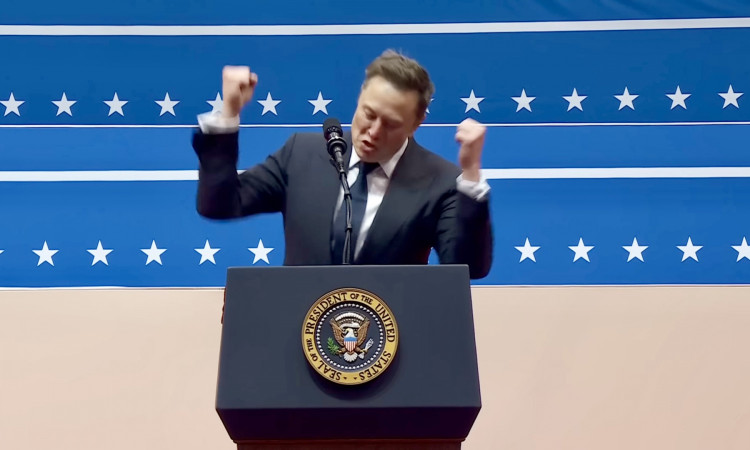A federal judge on Tuesday denied Elon Musk's request for a preliminary injunction to block OpenAI from transitioning into a for-profit entity but agreed to expedite the case for trial, escalating the legal battle between Musk and the artificial intelligence firm he co-founded.
U.S. District Judge Yvonne Gonzalez Rogers, ruling from Oakland, California, stated that Musk had not met "the high burden required for a preliminary injunction" to prevent OpenAI's structural shift. However, she acknowledged the potential public interest at stake and ordered a fast-tracked trial to begin in the fall.
Musk, who helped launch OpenAI in 2015 but later severed ties with the company, has accused CEO Sam Altman and OpenAI of abandoning their original mission to develop artificial intelligence for the benefit of humanity rather than for corporate profit. The billionaire entrepreneur contends that OpenAI's pivot to a for-profit model violates its founding principles and misuses charitable contributions.
OpenAI, which has denied Musk's claims, praised the judge's ruling. In a statement, the company said, "This has always been about competition. Elon's own emails show that he wanted to merge a for-profit OpenAI into Tesla. That would have been great for his personal benefit, but not for our mission or U.S. interests."
Musk's legal team framed the ruling as a partial victory, emphasizing that the court had granted their request for an expedited trial. "We look forward to a jury confirming that Altman accepted Musk's charitable contributions knowing full well they had to be used for the public's benefit rather than his own enrichment," attorney Marc Toberoff stated.
The case is the latest chapter in the deteriorating relationship between Musk and OpenAI, which has rapidly expanded since its launch of ChatGPT in late 2022. The company has secured billions in funding, including backing from Microsoft, and is reportedly in talks for an additional $40 billion funding round that could push its valuation to $300 billion.
Musk, meanwhile, has sought to challenge OpenAI's dominance through his own AI startup, xAI, which he launched in 2023. Earlier this year, Musk made an unsolicited $97.4 billion bid to acquire OpenAI, an offer that Altman swiftly rejected.
"I think he is probably just trying to slow us down," Altman said in an interview with Bloomberg. "He obviously is a competitor. He's working hard to raise a lot of money for [his startup] xAI and they are trying to compete with us from a technological perspective from getting the product into the market."
Altman characterized Musk's legal and financial maneuvers as an attempt to disrupt OpenAI rather than compete on merit. "I wish he would just compete by building a better product, but I think there has been a lot of tactics, you know, many, many lawsuits, all sorts of other crazy stuff, and now this," Altman said.
Musk, who has a history of litigation in the business world, has been vocal about his concerns over AI's direction, arguing that companies such as OpenAI are prioritizing profit over safety and ethics. His lawsuit against OpenAI seeks to enforce what he claims were the company's original commitments to open-source development and nonprofit governance.






